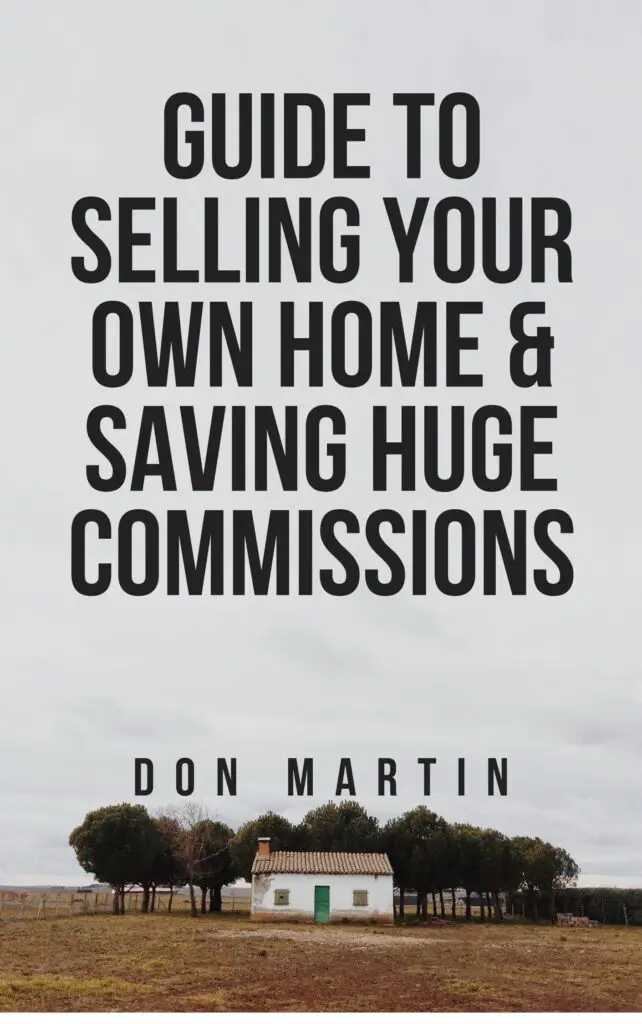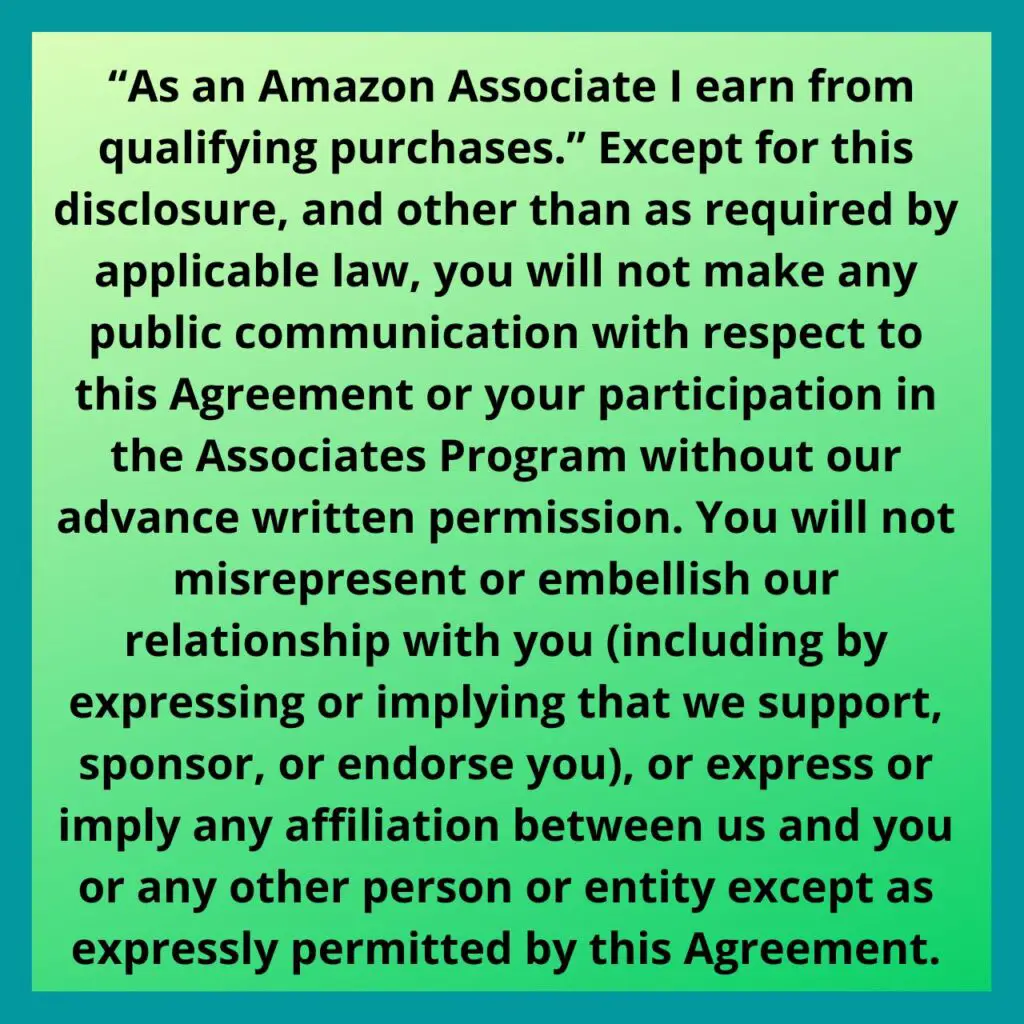A real estate 1031, also known as a 1031 exchange or a like-kind exchange, refers to a provision in the United States tax code that allows investors to defer capital gains taxes when selling one investment property and acquiring another similar property. The name “1031” comes from Section 1031 of the Internal Revenue Code, which outlines the rules and requirements for such exchanges.
Under this type transaction (exchange,) if certain conditions are met, the investor can sell a property and use the proceeds to purchase another property of equal or greater value without triggering immediate capital gains taxes on the profit made from the sale. Instead, the tax liability is deferred to a later date, potentially indefinitely, as long as the investor continues to use the proceeds to acquire like-kind properties.
To qualify for a 1031 exchange, several factors are important.
- The properties involved in the exchange must be of like-kind, which generally means they are of the same nature or character, such as commercial real estate for commercial real estate or residential real estate for residential real estate.
- The properties involved must be held for investment or business purposes rather than for personal use. Primary residences and vacation homes typically do not qualify.
- There are strict time limits for completing a 1031 exchange (amazon book link). The investor must identify a replacement property within 45 days of selling the original property and complete the acquisition of the replacement property within 180 days.
- To facilitate the exchange, a qualified intermediary (QI) is typically used. The QI holds the funds from the sale of the original property and uses them to acquire the replacement property on behalf of the investor, ensuring compliance with the exchange requirements.
It’s important to note that while a 1031 exchange allows for the deferral of capital gains taxes, it does not eliminate them entirely. If the investor eventually sells the replacement property without conducting another 1031 exchange, the deferred taxes will become due.
 It is crucial to consult with tax professionals or qualified intermediaries when considering a 1031 exchange to ensure compliance with the specific requirements and to fully understand the tax implications in your particular situation.
It is crucial to consult with tax professionals or qualified intermediaries when considering a 1031 exchange to ensure compliance with the specific requirements and to fully understand the tax implications in your particular situation.
Photo by Shalev Cohen on Unsplash
⭐ If you enjoyed this article, please join us here.

Don’s been a real estate broker for 38 years and now writes prolifically, as well. His real estate company serves almost all 95 counties in Tennessee. He lives in Nashville, and publishes different places every weekday morning.
We are a participant in the Amazon Services LLC Associates Program, an affiliate advertising program designed to provide a means for us to earn fees by linking to Amazon.com and affiliated sites.
(This post may contain affiliate links, which means if you click, or make a purchase by clicking on them, I may receive a small commission, at no additional cost to you, that will help me continue to bring you valuable content. To that end, not all of the items on this page are affiliate links, as that is not a requirement to be on this page. Thanks for your support!)
Disclaimer | Privacy Policy | Terms of Use











